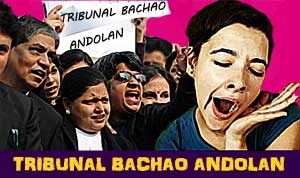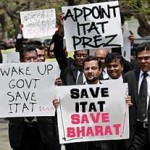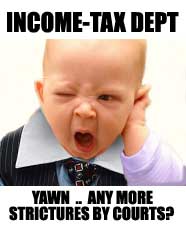
Dr. K. Shivaram, Sr. Advocate, has expressed shock that the Government’s promises of ushering in ‘ease of doing business’ is proving to be nothing more than empty rhetoric. He has revealed startling facts that the vacancy in tax judges will take 15 years to be filled up and that tax disputes will take at least 23 years to be resolved. He has offered practical suggestions about how the Government can speedup the process of resolving tax disputes, if it is really inclined to do so
In the Times of India on 16-9-2019, it was reported that it will take a minimum of 15 years to fill the vacancy of judges. Though the Government promises to help achieve ‘ease of doing business’ in India, unless the tax litigation is settled within a reasonable period of time, the object of doing business with ease in India may not be achieved. Total pendency of appeals before the ITAT as on 1-07-2018 is approximately 9,69,050, out of which a pendency of 22,039 is at Delhi and 16,108 is at Mumbai (2018) AIFTPJ–July–P 45.
Read more ›







